
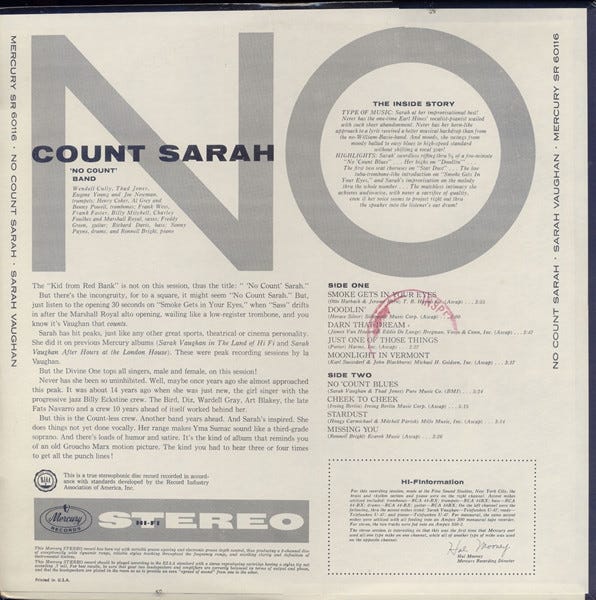
When is Count Basie and his Orchestra not Count Basie and his Orchestra? In the late 1950s, at least three singers - Sarah Vaughan, Nat King Cole, and Sammy Davis, Jr. - made albums with the Basie band that were not officially the Basie band. Those were the days when recording artists took their label affiliations very seriously, and Roulette Records, which controlled Basie’s contract, was not about to let their most famous bandleader appear on other labels - at least not without a generous reciprocal agreement. Famously, when Tony Bennett wanted to make an album with Basie for Columbia Records, he had to agree to make a second album with Basie for Roulette. Needless to say, that deal delighted Roulette, but Columbia wasn’t so thrilled. (Mitch Miller told me that he said to Tony, “What do you want to be on a junk label like Roulette for?”)
Sarah, Cole, and Davis - who were then, respectively, on Mercury, Capitol, and Decca - worked around the problem by using the Basie band, generally without its leader, and then not crediting them as such; this usually worked out in that most singers preferred to use their own regular pianists and musical directors in any case. Cole made Welcome to the Club (1959), which was famously reissued for the CD era as Big Band Cole, and Davis made I Gotta Right to Swing (1960). Mercury Records found a way to advertise the Basie band’s presence by slyly titling their album No Count Sarah (1958); it’s not known if Morris Levy or any of the rather scary management at Roulette objected to the title. (Sy Oliver served as musical director for Davis’s album, which featured something of a ringer in the reed section in the form of the young Eric Dolphy subbing for Frank Wess.) Eventually, both Davis and Vaughan would reunite with Basie for more “legitimate” projects, although, ironically, Davis’s 1960 “no count” project was a much better album than his official teaming with Basie in 1964.
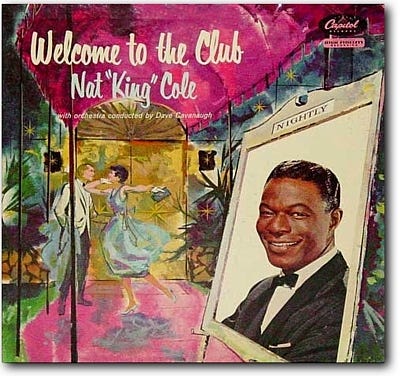
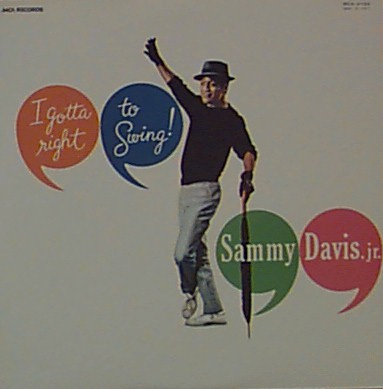
On the whole, No Count Sarah is an excellent album, coming between the two live albums, Mr. Kelly’s and The London House, and it has the same loose, intimate feelings that they do, although recorded in a studio. It’s hard to imagine any album by Vaughan from any period not being great, but No Count Sarah is especially terrific.
First of all, here’s the complete 40-minute album on a single YouTube video:
No Count Sarah (1958)
Oddly, Vaughan's albums of 1958-1959 (including such pop projects as My Heart Sings and Close to You) aren't as well known among fans as the milestones of 1954-1957. But the two jazz albums of 1958 contain some absolutely marvelous moments. Both are predicated around Vaughan's friendship with Count Basie (they had already worked together live), and although the Count himself was contractually barred from appearing with Vaughan in the studio, his presence is all over both of these projects. No Count Sarah, curiously, attempts to make an advertising point out of Basie's non-presence (trumpeter Thad Jones is sometimes credited with conducting; Vaughan's new accompanist, Ronnell Bright, plays piano). The other odd fact is that No Count Sarah was taped in two widely spread-apart periods, in January and December 1958.
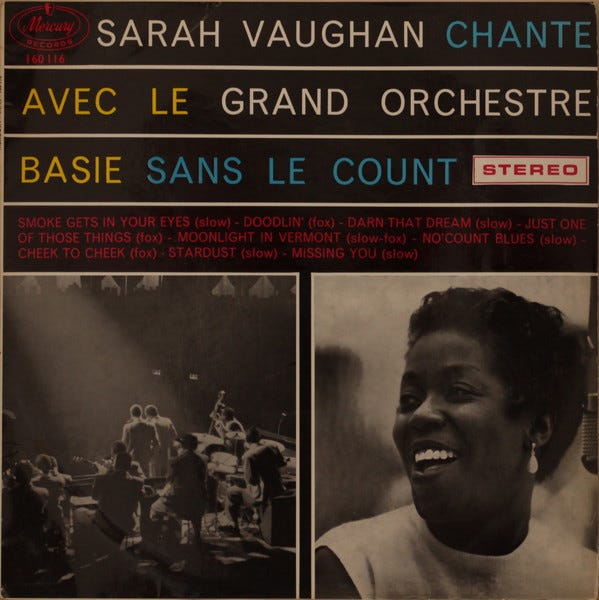
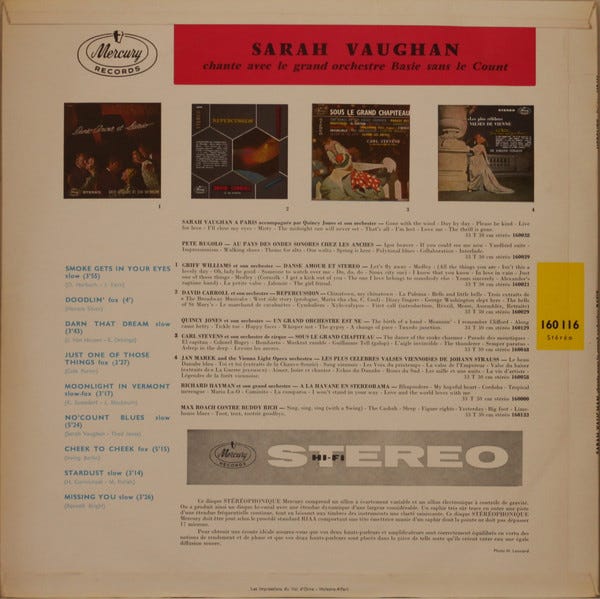
With these two thoughts in mind, the album may seem to have a philosophical hole in its center, but its great strengths are the numbers in dance tempo, be they fast or slow: "Stardust" opens with a scat solo and qualifies as a successful experiment at a philosophical reading of the Carmichael classic as a slowish foxtrot; "Doodlin'" is worthy grist for the Basie mill, and Vaughan conveys Horace Silver's and Jon Hendricks's complex narrative over a tight beat; "Darn That Dream" is another marvelously romantic slow dance; "Smoke Gets in Your Eyes" is more of a concert arrangement, and thus a quixotic choice for the Vaughan-Basie combination, except that she opens with a dramatic, "Rhapsody in Blue"-like glissando in response to Marshall Royal's flowery alto sax introduction. "Missing You" is a worthwhile original ballad by Vaughan's new pianist, Ronnell Bright, while "Moonlight in Vermont," a song I heard Vaughan do live in concert, shows how a big voice like hers can be brought to bear on small things like pennies and streams.

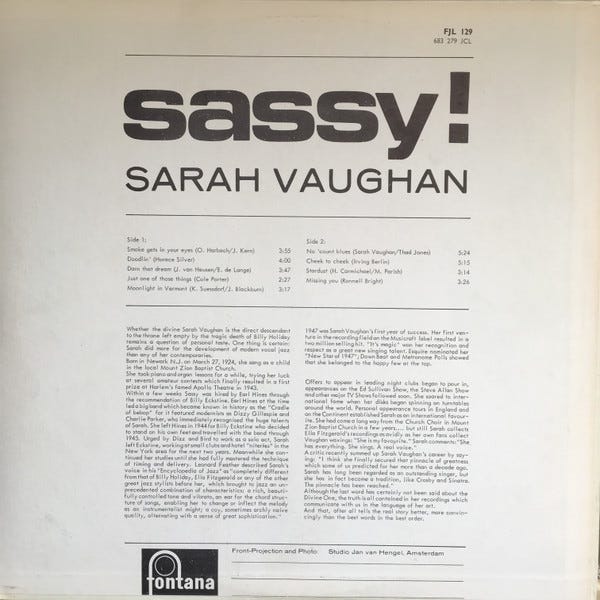
Introduced by Sonny Payne's snare drums, "Cheek to Cheek" (which Vaughan had also sung with Billy Eckstine on their 1957 Irving Berlin songbook) uses the classic Basie beat, and this and the album's other uptempo standard, "Just One of Those Things," are among the album's highlights. (Both have solos by Frank Wess, on flute on "Cheek" and tenor on "Things.") The final tune recorded in December, "No Count Blues," is an absolute triumph: this is an extended original blues wherein Vaughan both scats and essentially improvises lyrics, enhanced by a muted trumpet solo (I would guess by Joe Newman). No less than a balladeer, Vaughan was a formidable blues singer.

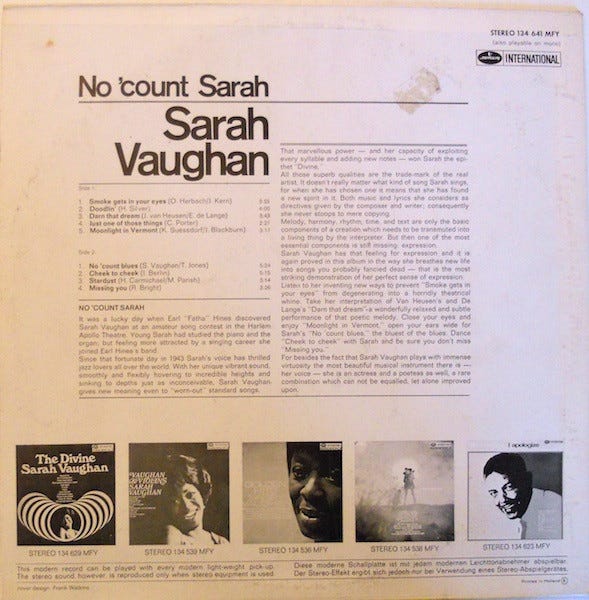
LUCKY STRIKE EXTRAS:
This is the only time Sarah commercially recorded two standards here, “Smoke Gets in Your Eyes” and “Moonlight in Vermont,” although they would both become special (the latter would mainly be special to me personally). She began singing it again, 20 years later, and it exists on two live shows that have been issued, although not easy to find. I went to hear her with my buddy Eric Comstock, at Symphony Hall in Newark, about 1986, and I distinctly remember that she sang “Moonlight in Vermont.” The pianist played the intro, and she started with “Pennies….” then she stopped abruptly and she announced to all, “I know the first word of this song! You can’t sing a song unless you know the first word, and I know the first word - it’s ‘Pennies!’” That was how she started; she kind of had me at “Hello.”
I don’t know of any other performance of “Smoke Gets In Your Eyes” after this except for a 1978 concert in Prague, thankfully preserved via Czech TV. I’ll post it below. Often in her concerts, Vaughan would stop the show and ask for requests, and her reactions to the crowd’s choices were both sassy and genuine. (Famously, in 1978 at Rosy’s in New Orleans, someone asks for “A-Tisket, A-Tasket” and she says, “Well, I’ll be damned!”) Here, someone calls for “Smoke Gets In Your Eyes,” and she obliges, but she sings it in what I think we can all agree is a highly unique fashion, to say the least.
PS: Thanks to Bill Kirchner and others for some excellent feedback on this Sassy series - at the end of it, I’ll do a whole post based on Bill’s (and other reactions). Thanks everybody!
Very Special thanks to the fabulous Ms. Elizabeth Zimmer, for expert proofreading of this page, and scanning for typos, mistakes, and other assorted boo-boos!
Sing! Sing! Sing! : My tagline is, “Celebrating the great jazz - and jazz-adjacent - singers, as well as the composers, lyricists, arrangers, soloists, and sidemen, who help to make them great.”
A production of KSDS heard Saturdays at 10:00 AM Pacific; 1:00PM Eastern.
To listen to KSDS via the internet (current and recent shows are available for streaming.) click here.
The whole series is also listenable on Podbean.com, click here.
SLOUCHING TOWARDS BIRDLAND is a subStack newsletter by Will Friedwald. The best way to support my work is with a paid subscription, for which I am asking either $5 a month or $50 per year. Thank you for considering. (Thanks as always to Beth Naji & Arlen Schumer for special graphics.) Word up, peace out, go forth and sin no more! (And always remember: “A man is born, but he’s no good no how, without a song.”)
Note to friends: a lot of you respond to my SubStack posts here directly to me via eMail. It’s actually a lot more beneficial to me if you go to the SubStack web page and put your responses down as a “comment.” This helps me “drive traffic” and all that other social media stuff. If you look a tiny bit down from this text, you will see three buttons, one of which is “comment.” Just hit that one, hey. Thanks!

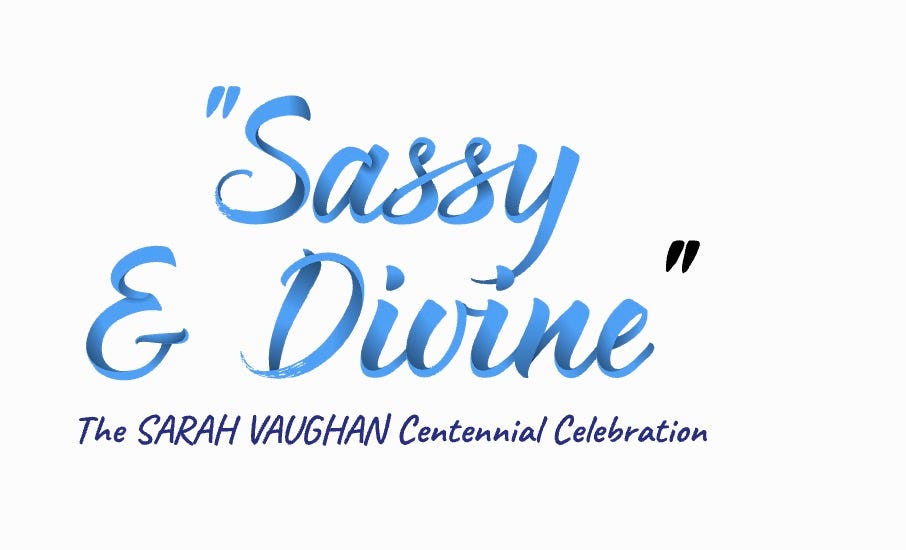
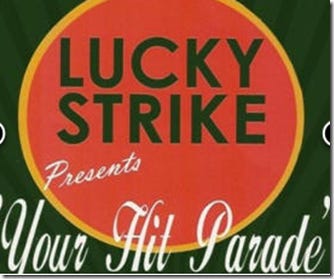
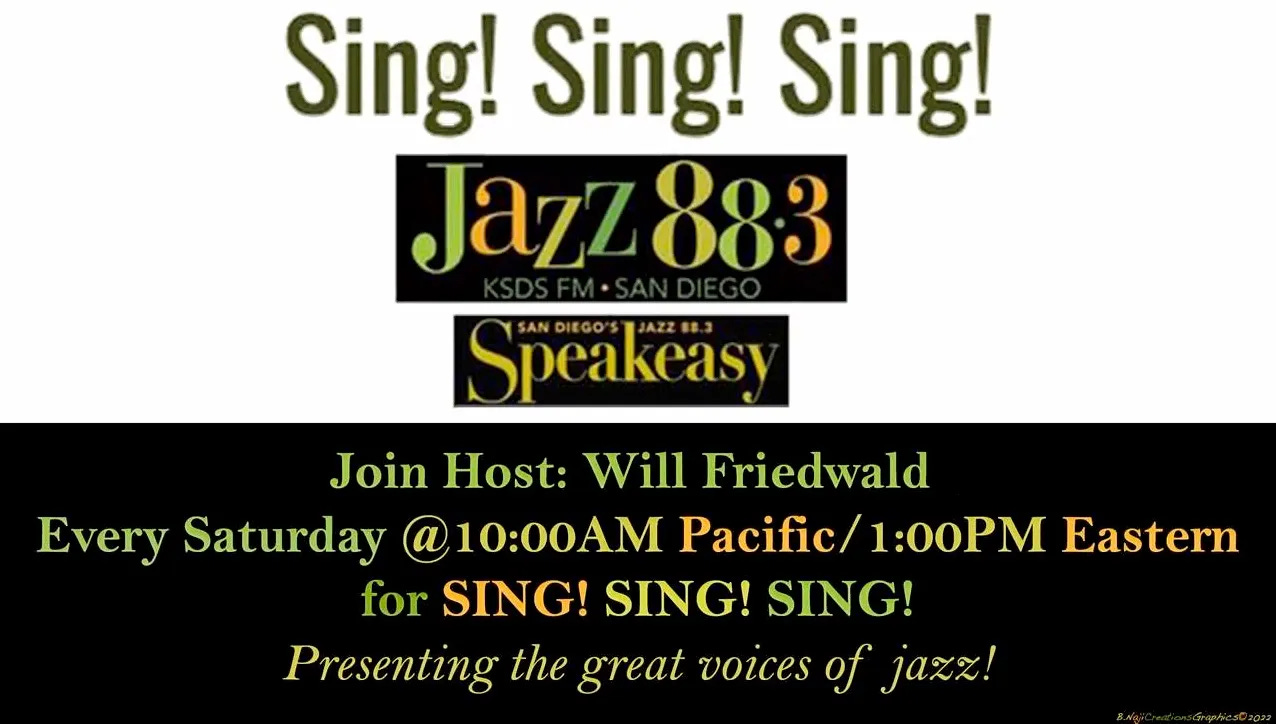
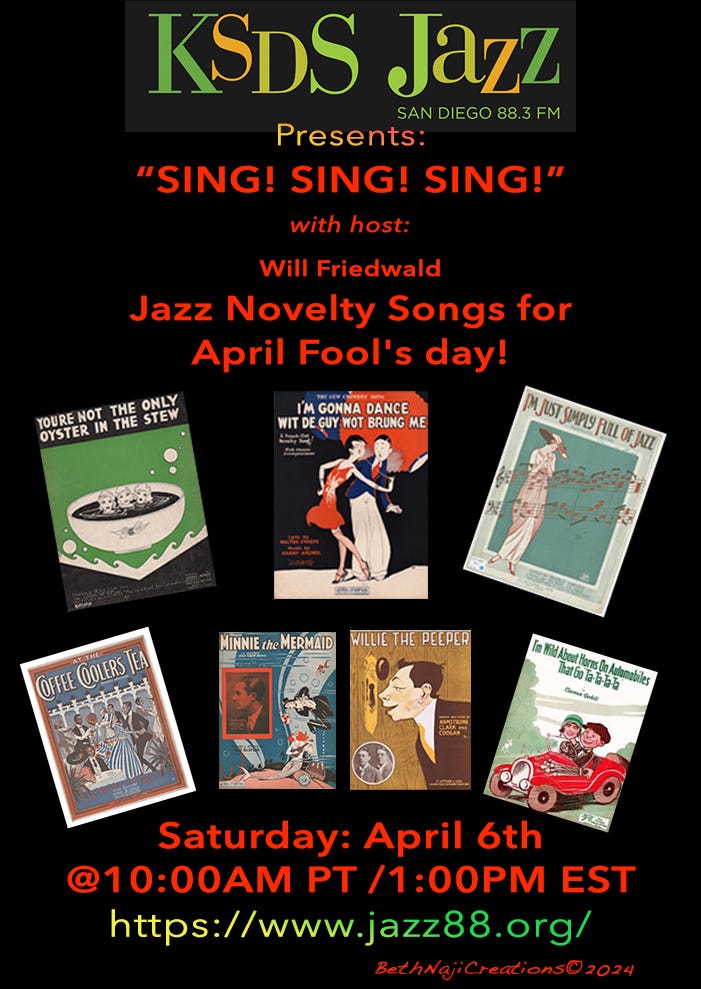
Clip Joint the other night was amazing! For all you do. Thank you.
Love the Vaughan series. Thank you.